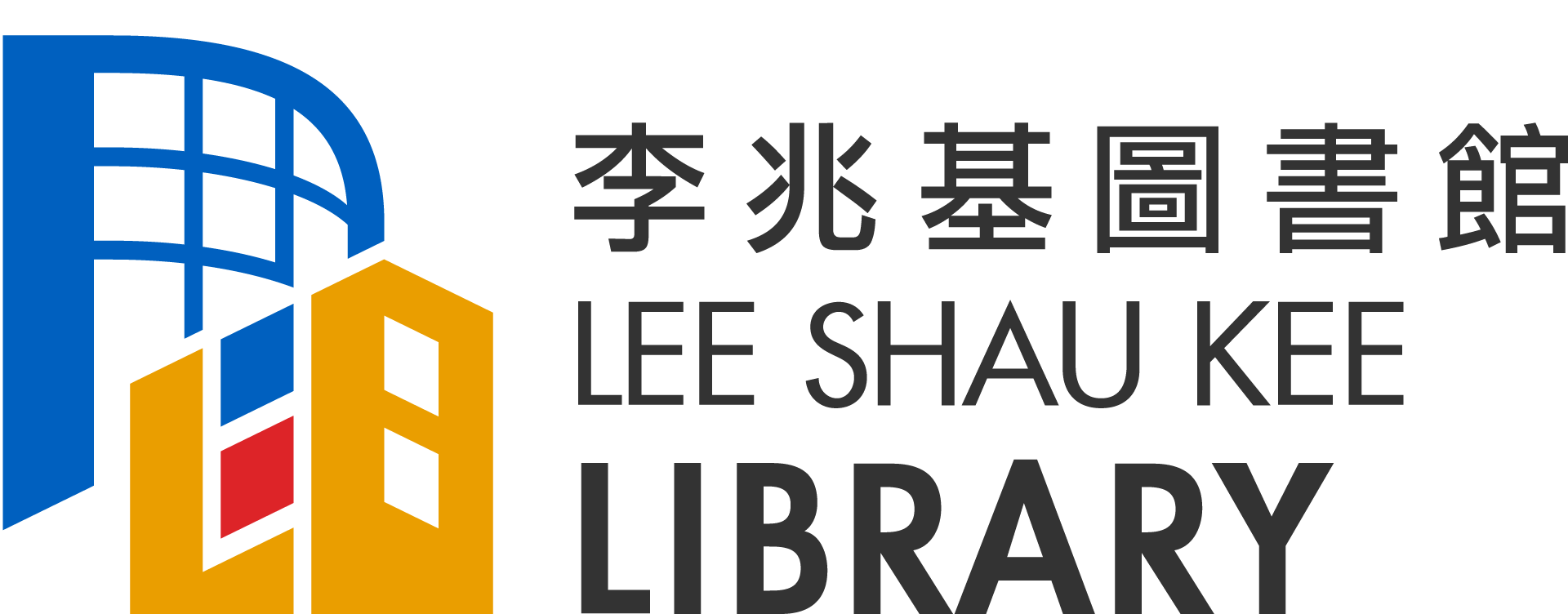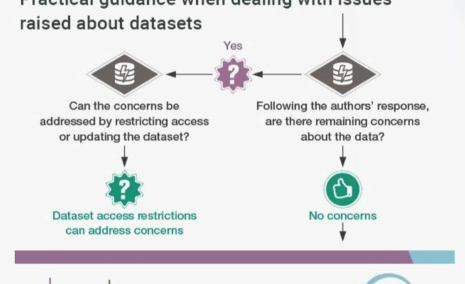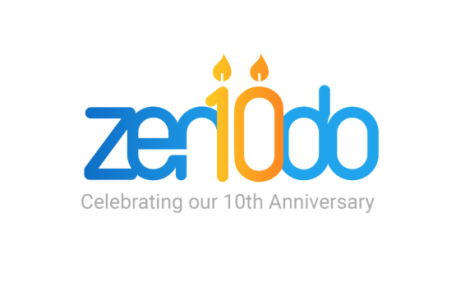Research Bridge
The FORCE11-COPE Research Data Publishing Ethics Working Group has released a set of flowcharts aimed at promoting best practices around ethical challenges in data publication.
Academic PublishingResearch Data Management Tips
Research Bridge
In this blog post, we summarize a recent talk by Dr. Mia Ridge from the British Library, discussing the role of AI and its potential applications in galleries, libraries, archives, and museums (GLAMs).
AI in Research & LearningDigital Humanities












